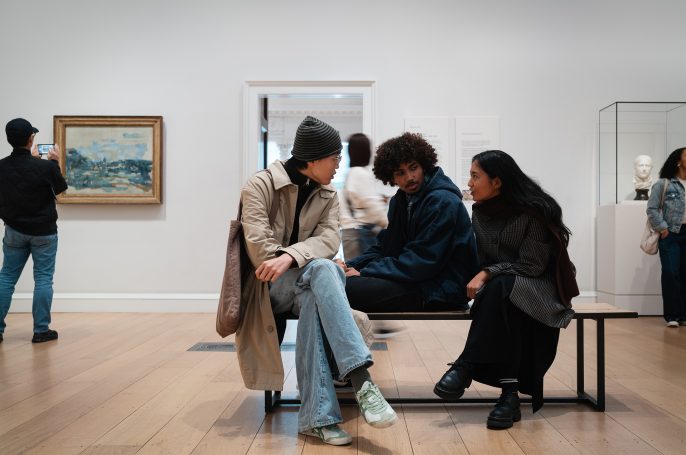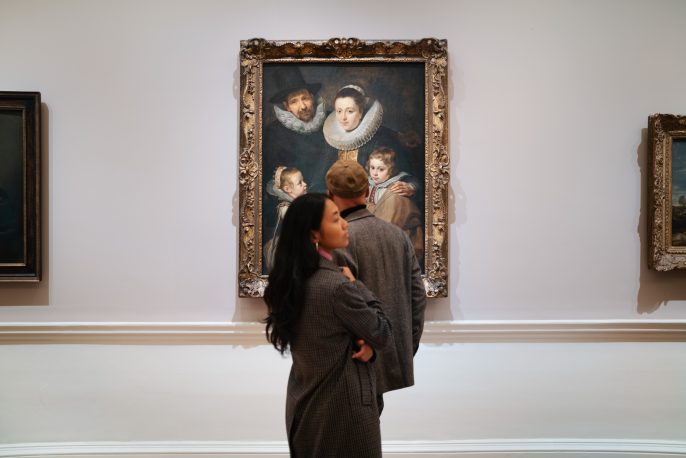The contradictory logics of colonialism can be understood to have been anxiety-producing in relation to bodily sovereignty, most especially for African women. However, the colonial order also enabled a challenge from within, if one was sufficiently light-footed and adept at seizing its paradoxical claim to a certain ethics. Strategies exploiting the colonial state’s logical gaps were deployed by African women far earlier than imagined, judging by the experience of Adelina Wari, adult by the late 19th century, but completely unknown in the scholarship. Wari is present as a hitherto unnoticed trace in the colonial archive, against a contemporary dispossession and attempt at her erasure. In the name of eradicating slavery Wari was stripped of a customary inheritance in real property, and which may also have included her control of the bodies of others. In response, she evacuated earlier subjectivities for new ones, seeming to continuously reinvent herself in a tactics that evades discipline if not quite torture and incarceration. Following Wari’s subsequent appeal to the courts, the talk engages the colonial-era African imaginary in Adelina Wari’s mobile vicinities. These invoke questions about unfreedom, the possibility of freedom, and the body proper, as well as their visual and spatial entanglements with, and representations in various art media. The talk will also assert the relevance of such imaginaries for reading art elsewhere –as for instance in late twentieth-century art of Black British artist Sokari Douglas-Camp.
Biography:
Ikem Stanley Okoye is Associate Professor in the Department of Art History at the University of Delaware where he holds a joint appointment in the Africana Studies Department. Born in Nigeria, raised in part just outside Grays, Essex, he studied architecture and architectural studies at the Bartlett, University College London, before working for a PhD in History of Art and Architecture at the Massachusetts Institute of Technology (or MIT), Cambridge, Massachusetts. Okoye’s work currently focuses on the intersections of art, architecture and landscapes in Africa, leap-frogging from the present into the precolonial period era of the trans-Atlantic slave trade –all of which he sometimes describes as art’s complexity in the vicinity of “architecture”. Professor Okoye has received grant and fellowships over his career that have included the Canadian Centre for Architecture (a Mellon funded grant, 2019), the Rockefeller Foundation, the Institute for Advanced Study at Princeton, and the Modern Oriental Institute, Berlin among others. Okoye’s work on the conjunctures of both African, American and European histories of art, architecture, photography and film, is published in several journals both traditional and digital, including the Art Bulletin; the Harvard Architectural Review; Interventions– a journal of Postcolonial Studies; RES: Journal of Anthropology and Aesthetics, and Critical Interventions, as well as in edited books and online platforms that have included African Mobilities –This is Not a Refugee Camp Exhibition (Mpho Matsipa, ed.); Cultural Landscape Heritage in Sub-Saharan Africa (John Beardsley, ed.); Art History and Fetishism Abroad (Kersten Meincke and Gabriel Genge, eds.); Strangers, Diasporas, Exiles (Kobena Mercer [ed.]; and The Anthropologies of Art (Mariet Westermann, ed.). Okoye has served on the Editorial Board of the Art Bulletin and other journals, and on the advisory boards of many others. He has been the national Chair of the Association of African Studies Programs, a voluntary association of tertiary institutions in the United States with Programs or Departments focused on the study of all things Africa-related. Okoye has two books in progress, the one most likely to be published first (2020) being the title Hideous Architecture through Brill Academic Publishers, Leiden.
Organised by Dr Sussan Babaie (The Courtauld) and Dr Scott Nethersole (The Courtauld)
The Frank Davis Memorial Lecture Series:
The Frank Davis Memorial Lecture Series is one of two annual distinguished lecture series at The Courtauld. This series was established in 1989, as a result of a bequest from the F.M. Kirby Foundation, in honour of Frank Davis, who was a critic for Country Life magazine. The bequest has allowed The Courtauld to invite internationally renowned scholars to come to the institute to speak about their work in a public forum.





